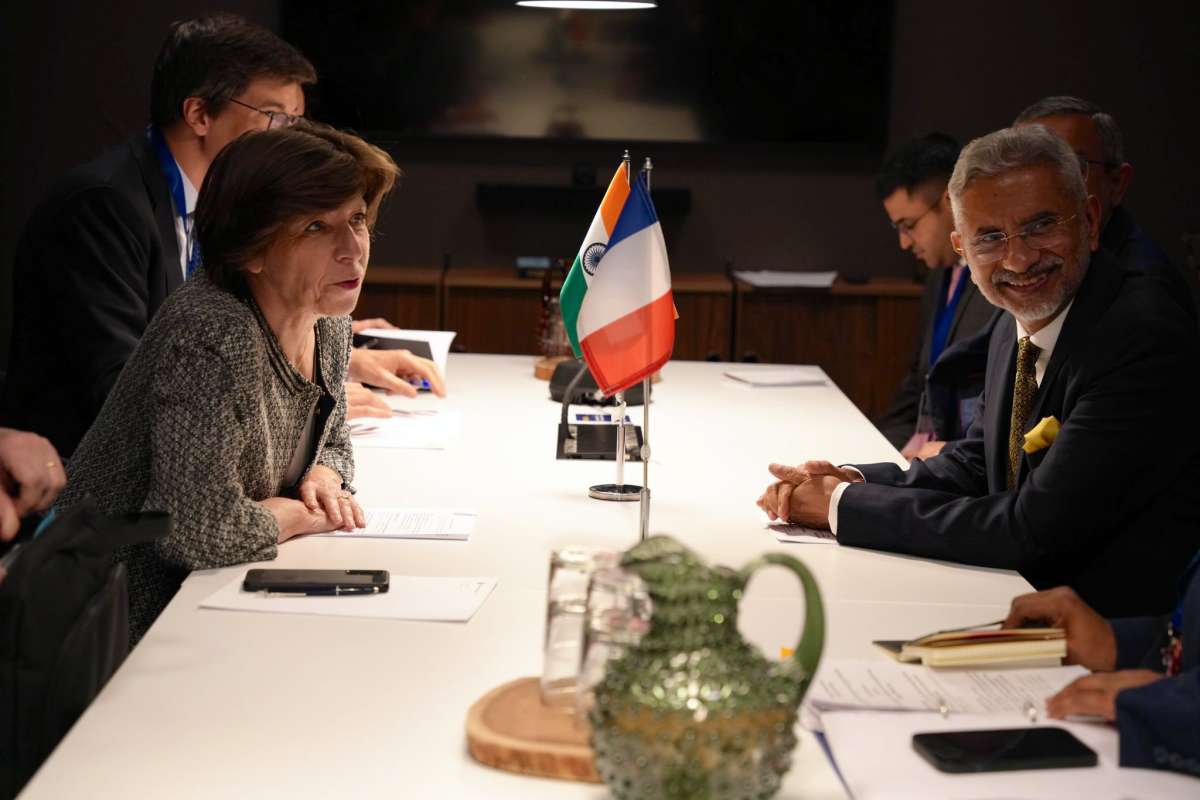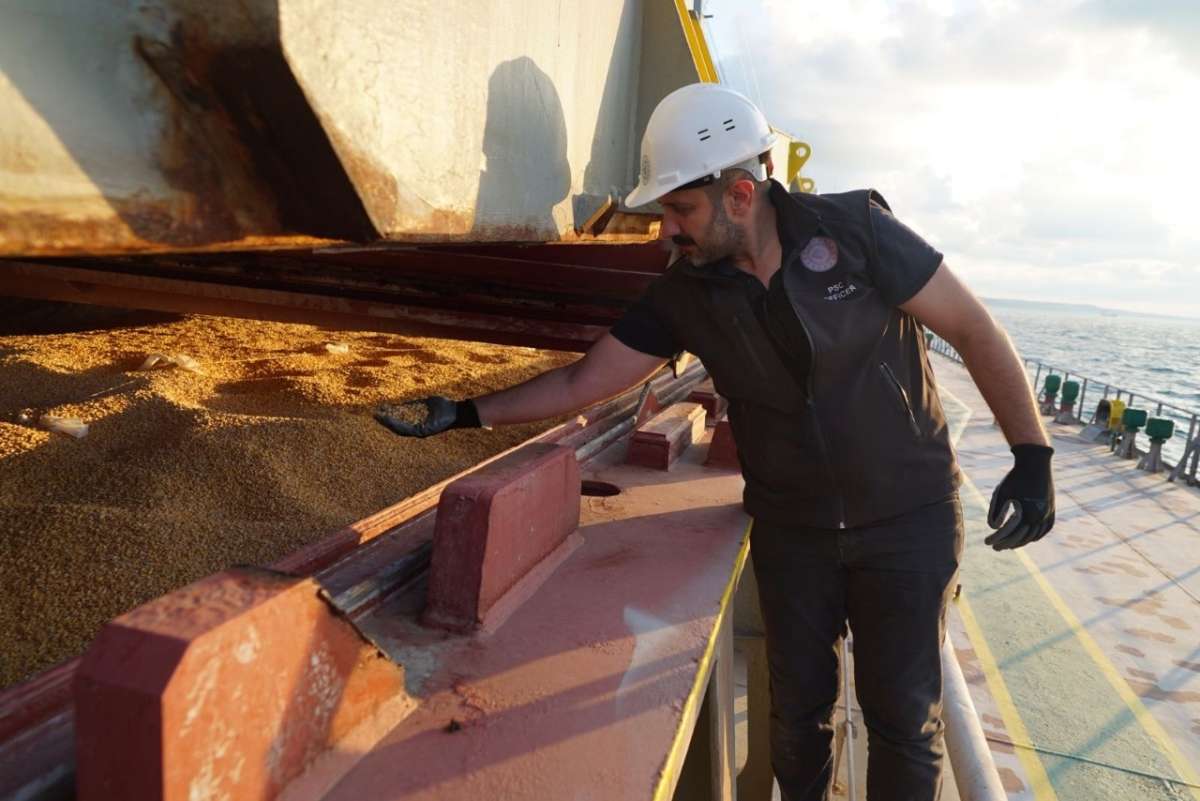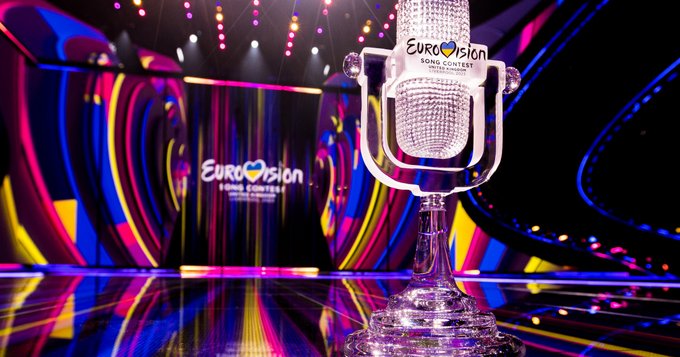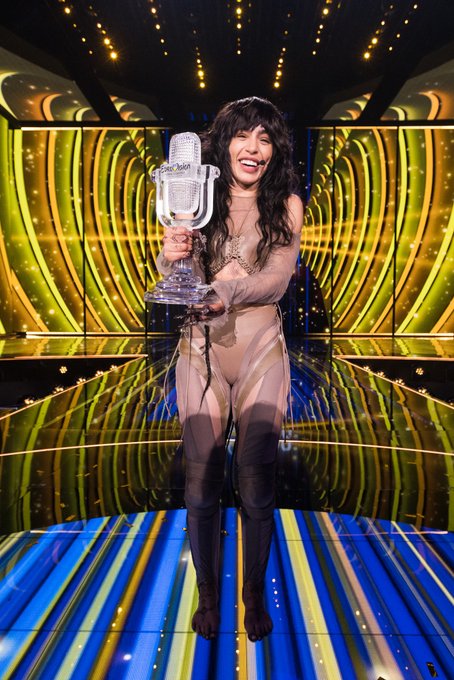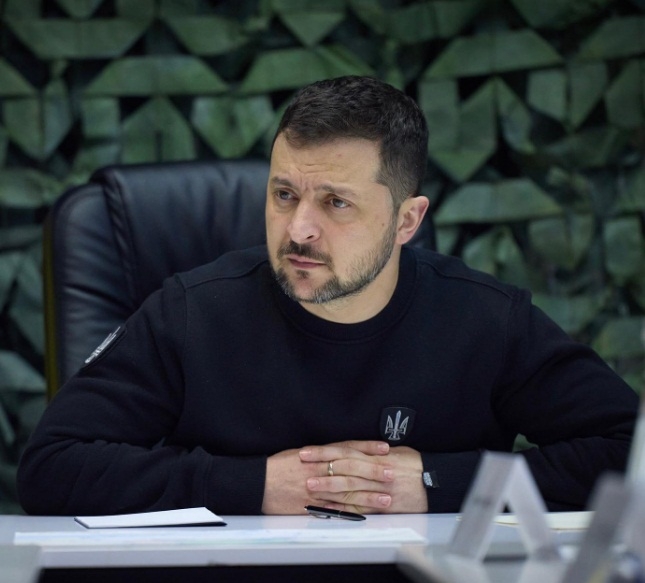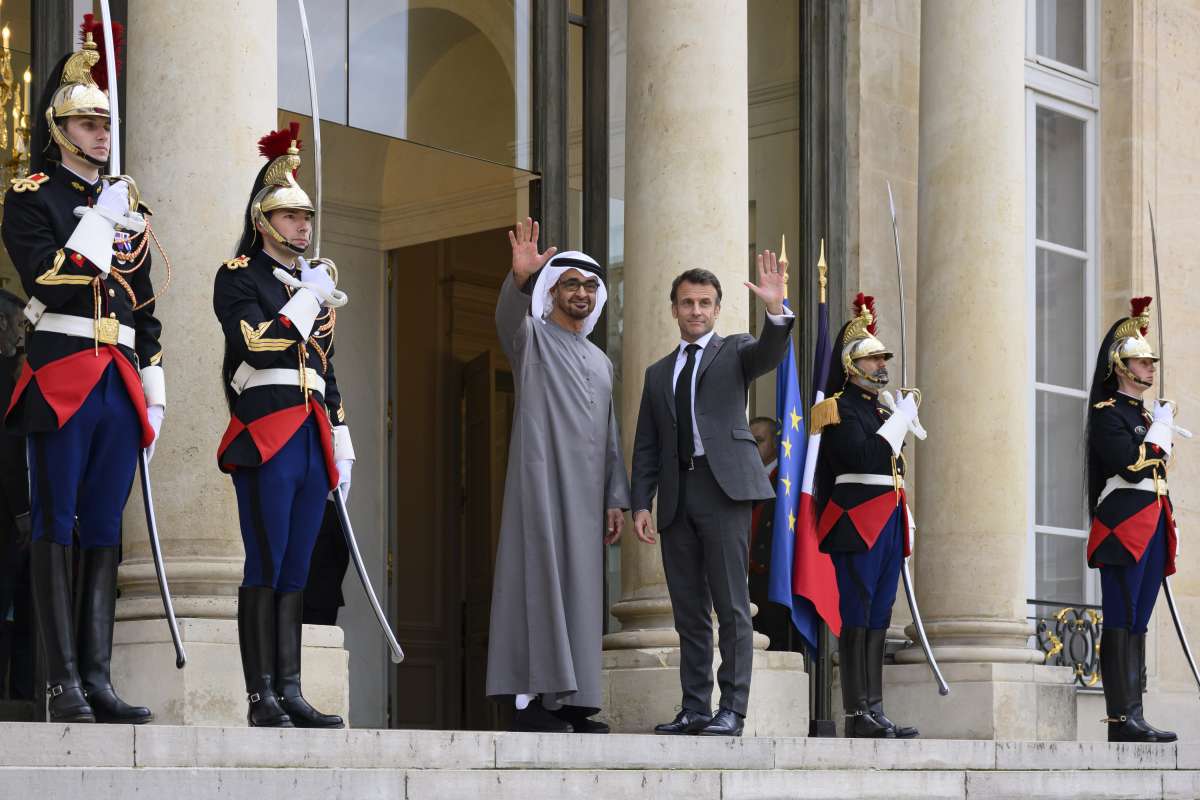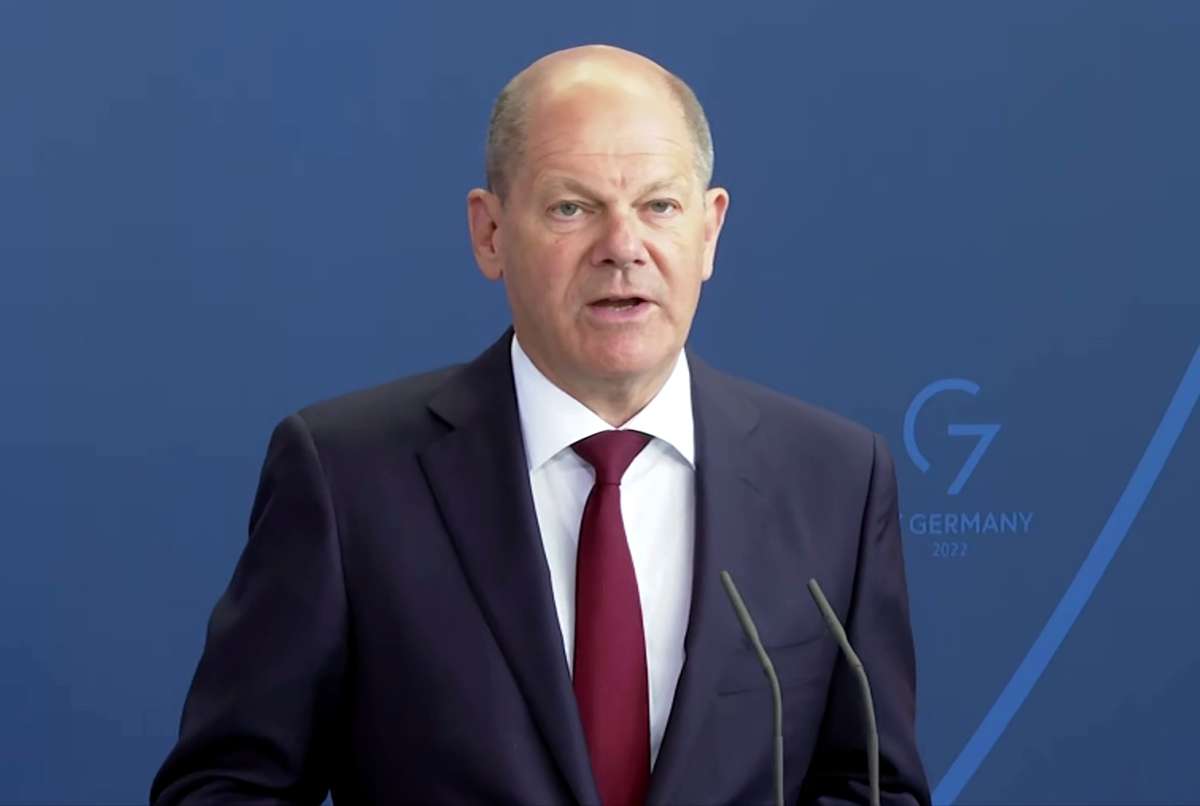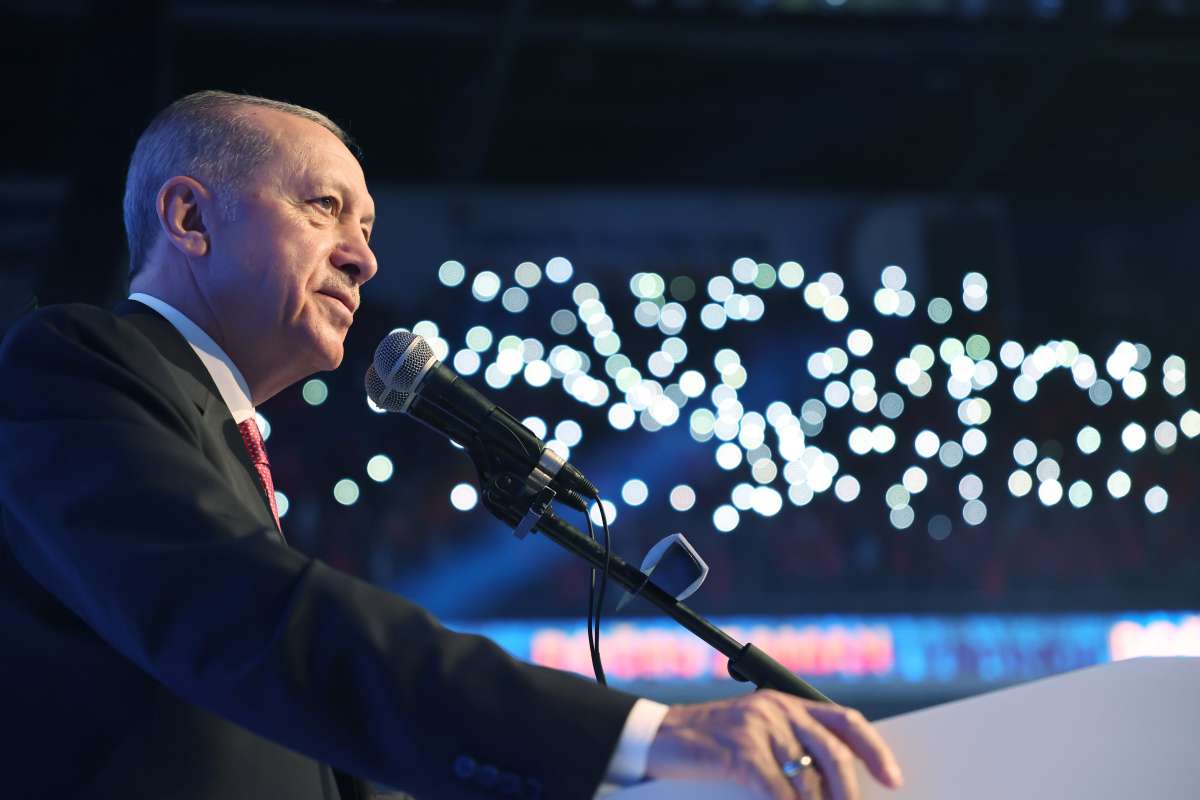Both of them also exchanged views on Indo-Pacific and G20….reports Asian Lite News
External Affairs Minister S Jaishankar on Saturday (local time) met his French counterpart Catherine Colonna who shared her enthusiasm for making Prime Minsiter Narendra Modi’s visit to the Bastille Day a success.
Both of them also exchanged views on Indo-Pacific and G20. “Glad to meet French Foreign Minister Catherine Colonna. Share her enthusiasm for making PM Narendra Modi’s visit to the Bastille Day a success. Exchanged views on the Indo-Pacific and G20,” tweeted Jaishankar.
On the 25th anniversary of the India-France Strategic Partnership, Prime Minister Narendra Modi is set to attend this year’s Bastille Day Parade as Guest of Honour on July 14 in Paris this year.
PM Modi was invited by French President Emmanuel Macron to attend the Parade in Paris.
According to an official statement, an Indian armed forces contingent will participate in the Parade alongside their French counterparts.
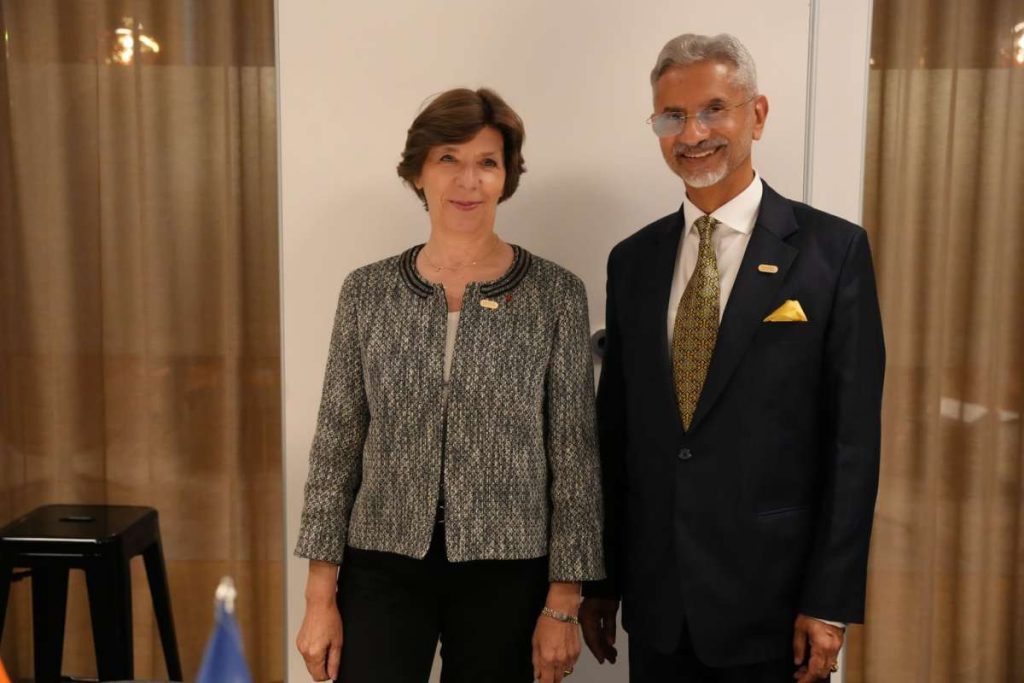
Jaishankar is on a three-day visit to Sweden to participate in the EU Indo-Pacific Ministerial. He is also expected to attend the inaugural session of the India Trilateral Forum involving India, Europe, and the US, with his Swedish counterpart Tobias Billstrom. In addition, Jaishankar will discuss India-EU relations during his visit as Sweden currently holds the Presidency of the Council of the European Union.
The EAM also met with his counterparts of Latvia, Austria, Lithuania, Belgium, Cyprus, Romania and Bulgaria on the sidelines of the EU Indo-Pacific Ministerial Forum (EIPMF).
Jaishankar met Latvian Foreign Minister Edgars Rinkevics and discussed strengthening bilateral ties amid the Ukraine conflict.
“Good meeting with FM @edgarsrinkevics of Latvia on EU-Indo-Pacific Ministerial sidelines. Spoke about strengthening our bilateral relationship and on repercussions of Ukraine conflict. Also discussed our multilateral cooperation,” tweeted Jaishankar.
He also met Austrian Foreign Minister Alexander Schallenberg and signed agreements in Mobility and Migration.
“Warm and productive discussions with my friend FM @a_schallenberg of Austria. Signed agreements in Mobility and Migration. Discussed global issues, especially Ukraine and the Indo-Pacific,” he tweeted.
With Lithuanian Foreign Minister Gabrielius Landsbergis, Jaishankar discussed Europe’s perspectives of the world from India’s vantage points.
“A good conversation on bilateral cooperation and Indo-Pacific with FM @GLandsbergis of Lithuania. Also discussed Europe’s perspectives of the world from our vantage points. Agreed to stay in touch,” tweeted Jaishankar.
Meanwhile, in his first meeting with Belgium’s Foreign Minister Hadja Lahbib, Jaishankar agreed to take bilateral relationships and multilateral cooperation forward.
“A cordial first meeting with FM @hadjalahbib of Belgium. Agreed to work together to take our bilateral relationship and multilateral cooperation forward,” tweeted Jaishankar.
He also met Cyprus Foreign Minister Constantinos Kombos and discussed about mobility and tourism.
“Great to meet FM of Cyprus @ckombos after his appointment. Noted the potential for greater engagement. Spoke about mobility and tourism. Also discussed our multilateral collaboration,” tweeted Jaishankar.
Jaishankar thanked his Romanian counterpart, Bogdan Aurescu, for the facilitation of Operation Ganga, an evacuation mission to bring back all the Indian nationals who were stranded in Ukraine.
“Caught up with Romanian colleague FM @BogdanAurescu on EU-Indo-Pacific Ministerial sidelines. Thanked him for #OperationGanga facilitation. Discussed defense and energy collaboration. Benefited from his perspectives of the region,” tweeted Jaishankar.
He also exchanged views with Bulgarian Foreign Minister Ivan Kondov.
“Exchanged views on the region and its global implications with FM Ivan Kondov of Bulgaria. Discussed our growing bilateral and multilateral ties,” tweeted Jaishankar. (ANI)

